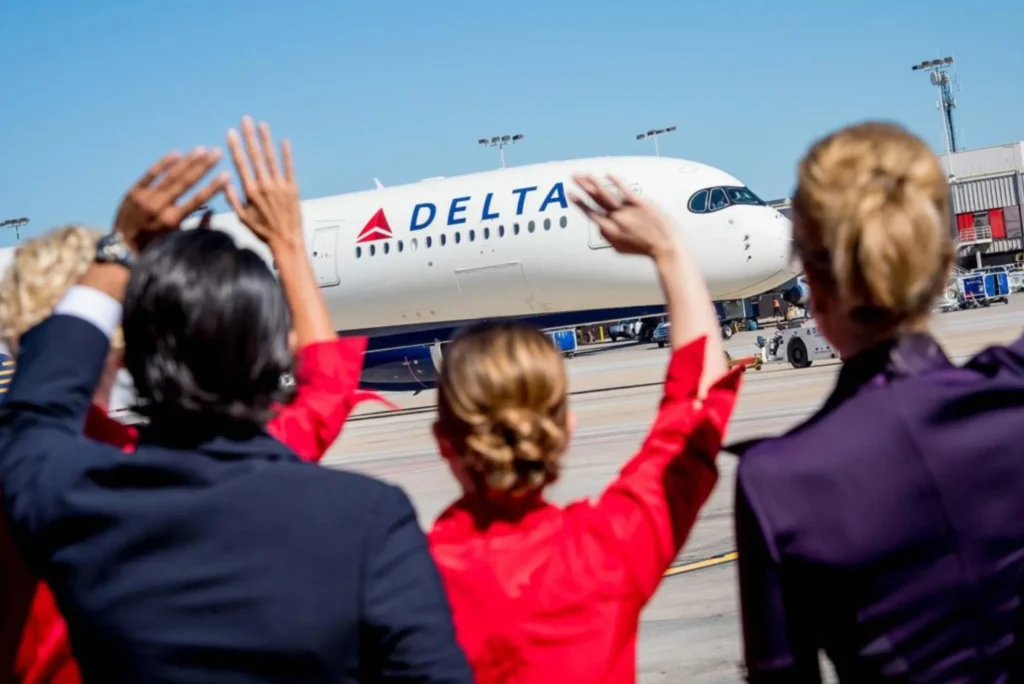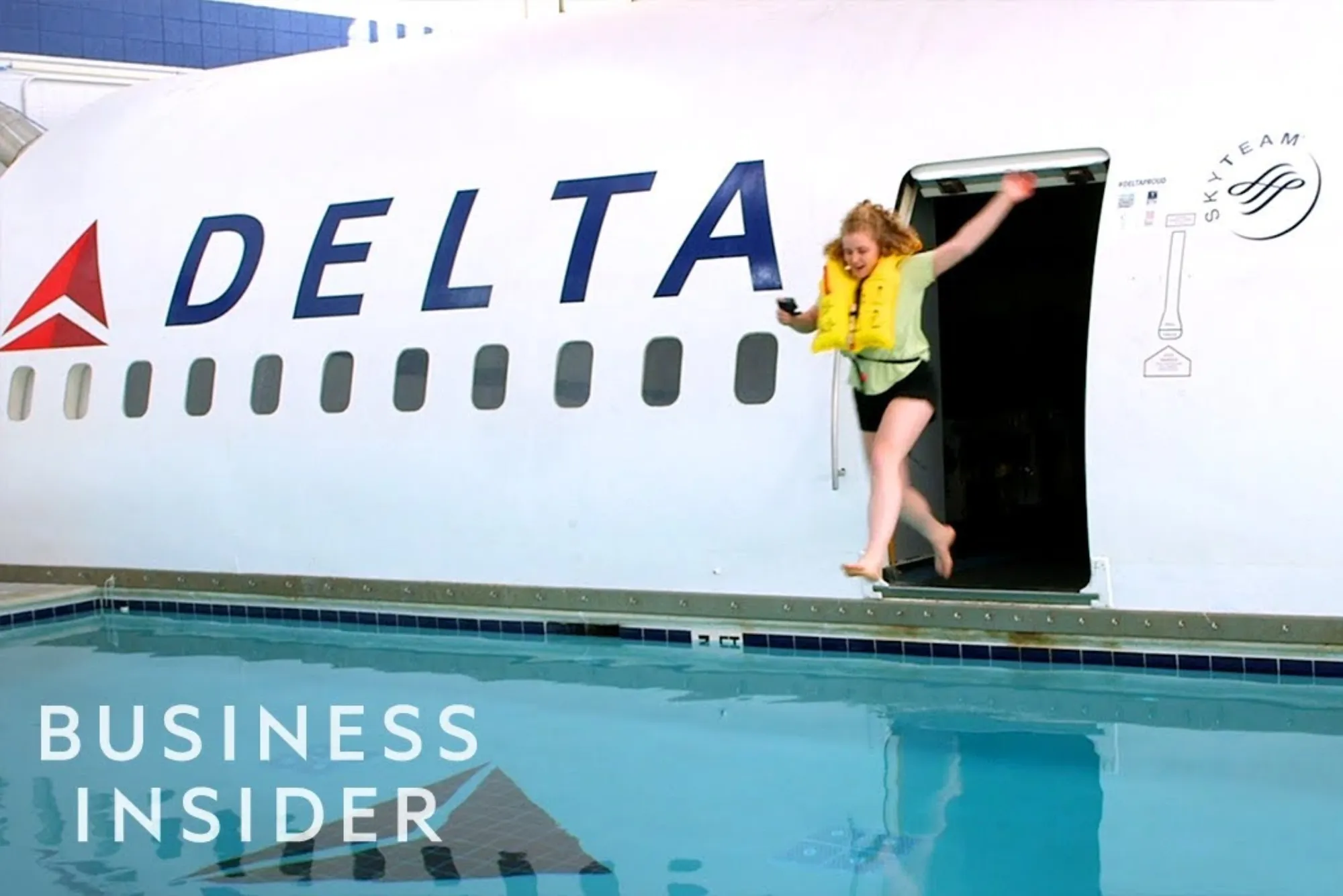Delta Airlines is one of the largest and most renowned airlines in the world, offering numerous career opportunities for those interested in aviation. Among these opportunities, the role of a Delta attendant stands out as a fulfilling and rewarding career path. Whether you’re just beginning your career or considering a change, understanding the details of becoming a 9/4 Delta attendant can provide valuable insights. This article delves into the specifics of the 9/4 work schedule for Delta flight attendants, including job requirements, training, responsibilities, and much more.
What is a 9/4 Delta Attendant Career?
A 9/4 Delta attendant refers to a flight attendant position at Delta Airlines with a specific work schedule, typically offering nine days of work followed by four days off. This schedule allows flight attendants to maintain a better work-life balance while providing exceptional service to passengers. Delta Airlines, like many airlines, offers various work schedules to accommodate the needs of their staff while ensuring passengers receive top-notch service.

Unlike traditional 5-day work weeks, the 9/4 schedule is considered an attractive benefit, especially for those who value time off. As a Delta attendant, you’ll have the flexibility to manage personal obligations, travel, and rest while still fulfilling the demanding role of ensuring passenger safety and comfort.
How to Become a 9/4 Delta Attendant?
To pursue a career as a 9/4 Delta attendant, one must meet specific requirements and undergo a thorough training process. Here’s a breakdown of what you need to know:
Qualifications
- Minimum Age and Education: You must be at least 21 years old and possess a high school diploma or equivalent. Many flight attendants also have a college degree, although it is not always required.
- Customer Service Experience: Delta Airlines prefers candidates with prior customer service experience, particularly in hospitality, retail, or other public-facing roles.
- Physical and Medical Fitness: Being a Delta attendant is a physically demanding job. You need to be able to handle long hours, work in confined spaces, and assist passengers in emergencies.
- Height and Weight Requirements: Delta has specific height and reach requirements to ensure flight attendants can access overhead compartments and emergency equipment.
- Fluency in English: Since Delta operates globally, fluency in English is essential for communication with passengers and crew members.
- Background Check and Drug Test: All potential flight attendants must pass a background check and a drug test to meet the safety standards of Delta Airlines.
Training
Once hired, Delta flight attendants undergo extensive training to prepare for their roles. The training program lasts about 8 weeks and covers various topics, such as safety protocols, emergency procedures, customer service, and first aid. This training ensures that all Delta attendants can handle any situation, from a medical emergency to an unexpected crisis.
Training includes both theoretical lessons and practical exercises. Flight attendants will learn how to handle various aircraft types, the specifics of Delta’s in-flight services, and how to manage passenger needs effectively.
Career Growth and Opportunities
As a Delta attendant, you will have numerous opportunities for career growth. Once you gain experience, you can pursue advanced positions such as lead flight attendant, trainer, or even a corporate role in Delta’s management. Many attendants also take advantage of Delta’s travel benefits, which allow them to fly to numerous destinations worldwide at discounted rates.
Responsibilities of a 9/4 Delta Attendant

The primary role of a 9/4 Delta attendant is to ensure the safety, comfort, and well-being of passengers during flights. Here are some of the main duties involved in the job:
- Passenger Safety: Before every flight, flight attendants conduct safety briefings and ensure that safety equipment is in place. They also assist passengers during boarding, securing them in their seats and ensuring compliance with safety regulations.
- Customer Service: Delta attendants are responsible for providing excellent customer service, including answering passengers’ questions, serving food and beverages, and managing special requests.
- Emergency Procedures: In the event of an emergency, Delta flight attendants are trained to respond quickly and efficiently. This could involve evacuating passengers, providing first aid, or managing in-flight incidents.
- Maintenance of the Cabin: Keeping the cabin clean and orderly is essential. Flight attendants ensure that the cabin is tidy before, during, and after the flight, and they may need to handle special requests like assisting passengers with disabilities.
- Crew Coordination: Delta attendants work closely with pilots and other crew members to ensure smooth operations. They follow a detailed schedule and communicate with ground crews, ensuring everything is in place before takeoff.
Benefits of Being a 9/4 Delta Attendant
There are numerous benefits to becoming a 9/4 Delta attendant, beyond just the flexible work schedule. Here are some of the most attractive perks:
- Travel Opportunities: As a flight attendant, you’ll have the chance to travel to new destinations, sometimes even on your days off. Delta offers discounted travel for its employees, making it easy to explore the world.
- Healthcare and Retirement Benefits: Delta provides comprehensive health insurance, retirement plans, and other financial benefits. These benefits extend to the flight attendants and their families, helping ensure financial security.
- Work-Life Balance: The 9/4 work schedule allows you to enjoy extended time off, providing a balance between work and personal life. This schedule is particularly beneficial for those with families or other commitments.
- Competitive Salary: Delta offers a competitive salary for its flight attendants, which can increase based on seniority and additional roles within the company.
- Job Stability: As a major airline, Delta offers job stability with a robust career progression path, making it an attractive option for long-term career growth.
Commonly Asked Questions (FAQs) About the 9/4 Delta Attendant Career
Here are answers to some of the FAQ related to becoming a 9/4 Delta attendant:
What does the “9/4” schedule mean?
The 9/4 schedule means working for 9 consecutive days, followed by 4 days off. This allows flight attendants to have extended time for rest, travel, or personal matters.
Do Delta attendants have to work on holidays?
Yes, Delta attendants are required to work on holidays as part of their regular duties. However, they may be able to swap shifts with colleagues if needed.
What is the starting salary for a Delta attendant?
The starting salary for a Delta attendant varies but generally ranges from $30,000 to $50,000 annually, depending on experience and the type of schedule.
Can Delta attendants choose their routes?
Flight attendants at Delta can express preferences for certain routes, but ultimately, scheduling is based on seniority and operational needs.
Are there opportunities for advancement in this career?
Yes, Delta offers various advancement opportunities for flight attendants, including positions like lead flight attendant, training roles, or management.
Image Pack and Additional Resources
For those interested in learning more about the 9/4 Delta attendant career, you can find a detailed image pack that showcases various aspects of life as a flight attendant. This includes images of Delta aircraft, crew members in action, and passenger service in-flight. These visuals can help prospective flight attendants understand what the job looks like in real life.
Table Add: Comparison of Delta’s Flight Attendant Work Schedules
| Work Schedule | Duration | Time Off | Ideal For |
|---|---|---|---|
| 9/4 | 9 days on, 4 days off | 4 days | Those seeking a balance between work and life |
| 5/2 | 5 days on, 2 days off | 2 days | Individuals who prefer shorter but more frequent breaks |
| 7/7 | 7 days on, 7 days off | 7 days | Those wanting long stretches of time off |
People Also Ask: Insights into Delta Attendant Careers
- What is the best work schedule for Delta flight attendants? The best work schedule depends on individual preferences. The 9/4 schedule offers an excellent balance for those who want ample time off while still working.
- What are the challenges of being a Delta attendant? The main challenges include long hours, dealing with passengers in stressful situations, and managing jet lag from frequent travel.
- Is it difficult to get hired as a Delta attendant? Delta has a competitive hiring process, and candidates must meet specific qualifications. However, those with prior customer service experience have an advantage.
- How long is Delta’s flight attendant training program? Delta’s training program typically lasts 8 weeks, with a combination of classroom learning and hands-on training.
A 9/4 Delta attendant career offers a unique combination of travel opportunities, competitive salary, and a flexible work schedule. With proper qualifications, a passion for customer service, and the ability to work in a fast-paced environment, this career path can lead to both personal and professional fulfillment. From answering People also ask questions to offering real-life insights, this article aims to give you a comprehensive overview of what it means to pursue a career as a Delta attendant.




